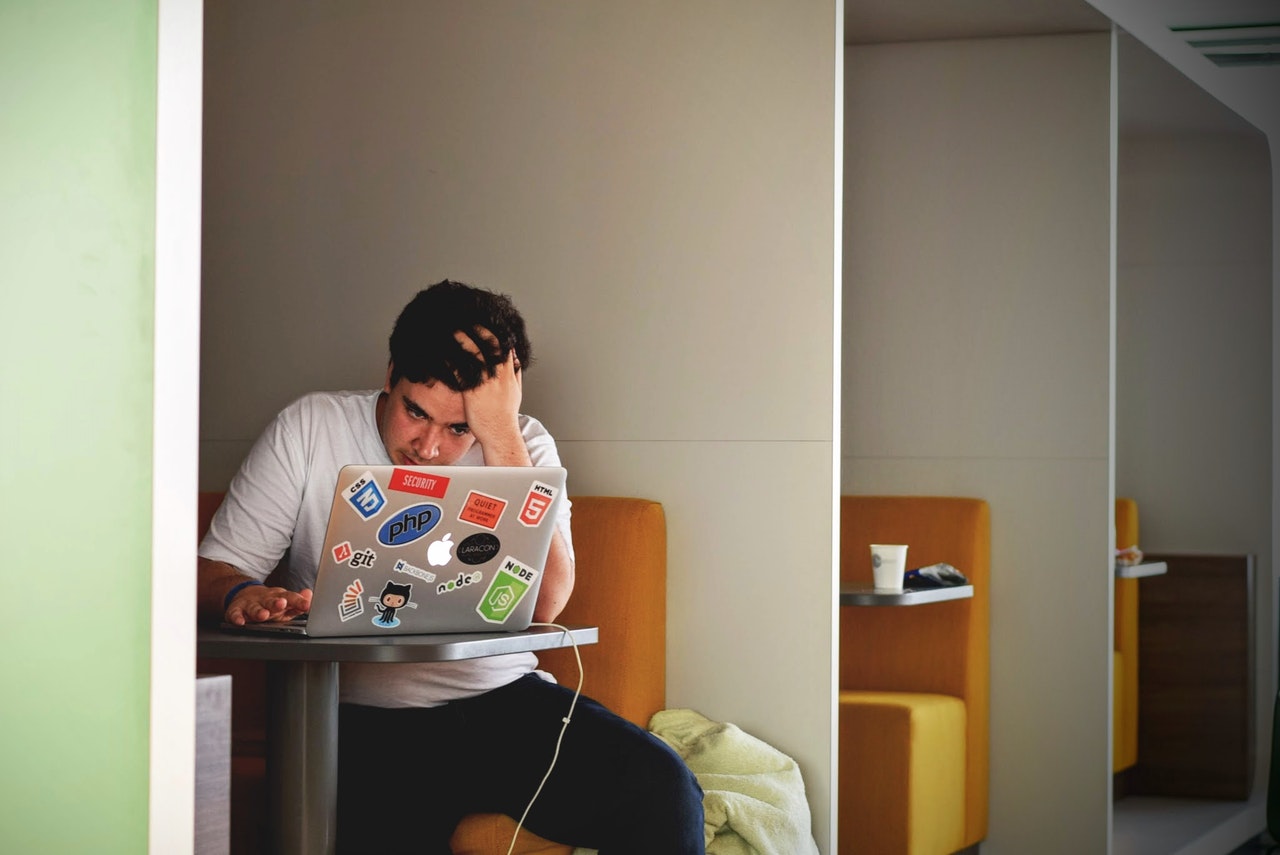There is no denying the fact that 2020 was the strangest year of our lives. From natural catastrophes to the pandemic, you think you’ve seen it all. But it might shock you that the dangers lurking behind the impacts of the pandemic in your home life can have a more seismic effect on you and your family. It is time to recognise that work-from-home and learn-from-home setups are not sustainable, nor are they effective.
In fact, if research is to be believed, such setups have the most adverse impact on one’s health, well-being, and sanity. Those in lockdown or still stuck working and learning from home need to address these problems before they escalate into something that would impact your health for a long time. So, what exactly are these dangers lurking in the home now that people are staying indoors more than ever before?
Neck and Back Pain
Doesn’t it look obvious that the number one challenge of working from home is not even the rowdy kids running around but the neck and back pain from such a sedentary job? When you’re no longer commuting, driving, and walking to and from work, you will find yourself just sitting on your chair. The pressure will cause severe neck and back pain. The solution to this is to invest in quality office chairs such as the Herman Miller Aeron chair. With its health-positive design, this chair is made for a wide range of postures and activities.
Obesity
Linked with the sedentary work of doing your job at home, another problem that threatens the work-from-home setup is obesity. Even before the pandemic became apparent, obesity is already a global problem. But as more and more people stay and work at home, the number increased to alarming heights. Many factors point to this. Some of these factors are a lack of physical activities and the consumption of junk food.
The pandemic especially triggered the consumption of unhealthy food and the lack of activities. Although the lockdown was short-term, it highlights the risks of diabetes and hypertension. If you want to pave off the possibility of obesity, you need to get eight hours of sleep every day, exercise regularly, and follow a well-balanced diet. You should also eliminate vices like smoking and drinking from your lifestyle.
Mental Health
Thankfully, discussions about mental health issues have begun. Many people who need to stay and work indoors have to deal with their deteriorating mental health. The lack of social activities led many people toward the path of anxiety and depression. Not being able to talk with your loved ones has a huge impact on your mental health.

For working adults, stress and anxiety come from instability in work and finances. Entrepreneurs are also facing the possibility of having to close their stores. What are the solutions to mental health problems at this time? You need to find a rhythm at home. You also have to limit your access to negative news and focus on having positive thoughts. Even when you’re at home, look for activities that will relieve anxiety and depression.
Eye Strain
Pediatricians around the world have spoken against screen time for kids. However, the pandemic is forcing many of these kids to spend more than the recommended two hours a day with their tablets and laptops. Children ages six to 19 are already suffering from eye problems. In adults, the numbers are even higher.
At home, you have to reduce screen time as much as possible. You need to have ambient lighting in your workspace, too, so your eyes won’t strain too much. Take time to rest your eyes. Go outdoors and allow your eyes to see things other than your computer.
Addiction to Devices
The move from the physical to the digital world for work, personal life, and entertainment pushed people to become more dependent on screens. Since you have to work at home, you probably noticed how much time you spent with your devices—from Zoom to Netflix to Facebook to other apps that provide some form of entertainment. If people are dependent on devices pre-pandemic, imagine how much more dependent they have become on their phones and laptops because of the pandemic?
To reduce this dependence, you have to make a conscious effort to go on a digital detox. This means scheduling a day a week without using your phones unless for emergencies. You can also do this for a few hours every day.
People need to recognise these household dangers that threaten the normality of their daily lives. Identifying these dangers will make people more aware, thus empowering them to find solutions to these things. Or better yet, they will stay away from falling into these traps.